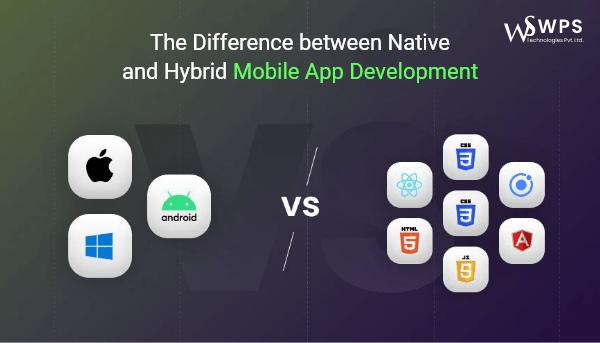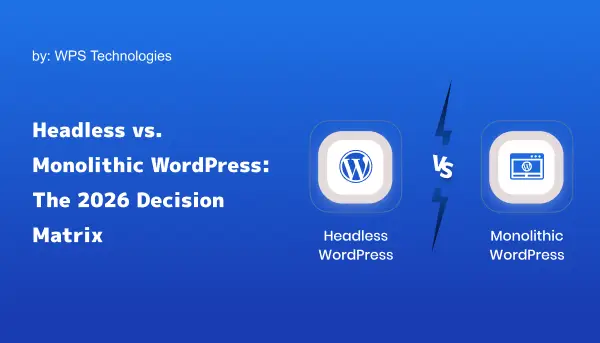
The difference between native and hybrid mobile app development
The rise of mobile devices has led to an explosion in app development. Businesses increasingly invest in mobile apps to reach users efficiently. One of the major decisions in this process is whether to build a native or a hybrid mobile app. This article explores the difference between native and hybrid mobile app development.
Native Mobile App Development
Native apps are developed specifically for a platform (iOS or Android) using that platform’s native language and tools (e.g., Swift for iOS or Kotlin for Android).
Pros of Native Apps:
- Excellent performance and responsiveness.
- Full access to device features like camera, GPS, sensors.
- Better user experience and UI consistency.
- Higher security and tighter integration with OS.
Cons of Native Apps:
- Requires separate codebases for iOS and Android.
- More expensive due to specialized skills needed.
- Updates and maintenance take more time and cost.
Hybrid Mobile App Development
Hybrid apps are built using web technologies (HTML, CSS, JavaScript) and then wrapped in a native shell. They run on multiple platforms with a single codebase.
Pros of Hybrid Apps:
- Faster development and deployment.
- Cost-effective and easier maintenance.
- Single codebase for multiple platforms.
- Real-time updates visible to all users.
Cons of Hybrid Apps:
- Limited access to some native features.
- Performance may lag behind native apps.
- Dependent on internet connectivity.
- Security may not be as strong as native solutions.
Conclusion
Both native and hybrid apps serve different needs. Native apps are ideal for complex, performance-heavy applications requiring full device access. Hybrid apps are more suitable for simpler applications with tight budgets and faster development needs. The right choice depends on your app’s goals, timeline, target audience, and available resources.


